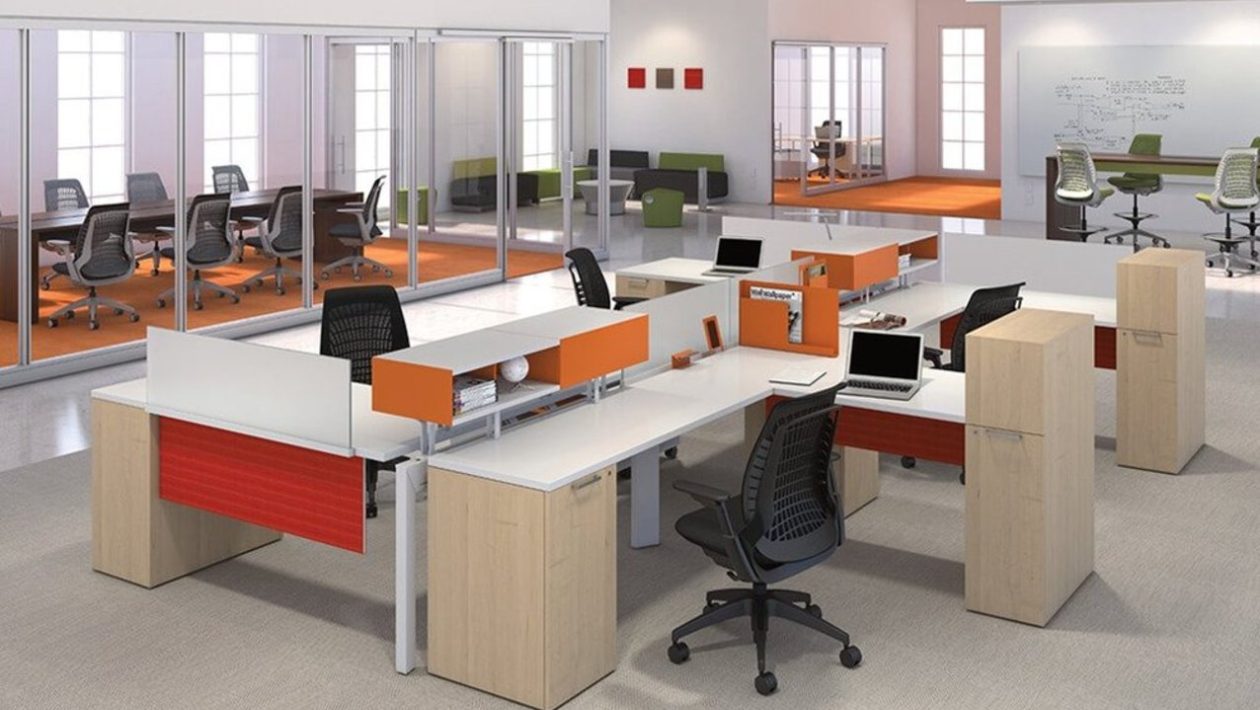It’s not surprising that few small business owners ever become millionaires. Only about 3% of them do.
And it has nothing to do with the genius of the business, but the financial resources required to run it. As such, small businesses are always looking for ways to save money and cut costs, especially when it comes to office equipment rental.
To help you get started, we’ve put together a list of office equipment rental tips for small businesses. Read on to find out more!
Table of Contents
1. Find the Right Provider
Finding the right provider is the first step in getting a good deal on office equipment rental. The best way to do this is by comparing multiple vendors and their prices. Some things you should look out for include:
- Contract terms
- What services are included (for example, repairs)
- How much it costs to return items
- Cancellation fees
- Whether there are any hidden costs (delivery charges, taxes, etc.)
2. Save Money Through Tax Benefits
If you own your business, you can deduct your equipment leasing payments from your taxes. If you don’t own your business and are simply leasing equipment for its use, then those lease payments are not tax-deductible.
Of course, there is one caveat here: Always check with a tax professional before making any financial decisions. Tax laws vary by state and even by city within states—and they change often, too!
3. Start Small and Expand as Needed
For commercial equipment leasing, it’s in your best interest to start small and expand as needed. Rental equipment is a great way to try before you buy, and equipment leasing can be a good way to get started without making an enormous investment.
Some companies even allow you to use the equipment for a trial period. If it works well for your business operations, then invest in purchasing it outright at some point later on.
4. Make Sure All Equipment Is Covered Under the Lease
When you’re renting equipment, it’s imperative that you understand the terms of your lease. Your leasing company will provide a list of equipment, but there may be other items that are not listed—and those can end up costing you money.
Contact customer support immediately if there are any discrepancies between what’s in inventory and what you agreed to. Ask them to rectify any errors before any damage has been done (which could mean getting stuck paying thousands).
5. Consider Fair Market Value Purchase Options at the End of Your Lease
At the end of your lease, you have options. You can purchase the equipment in full and pay it off over time or choose to continue leasing it. If you’re using a hardware as a service option, these are the better choices for you.
If you decide to buy, you will be given a fair market value purchase agreement at the end of your lease. This will give you an idea of the value of the equipment and what it would cost to buy it. You can then compare this price with your own analysis to see if it’s worth purchasing.
Make Your Office Equipment Rental Feel Like You’re Own
An office equipment rental can help you get the equipment you need, without draining your cash or breaking your budget.
When you’re financing commercial equipment, it’s important to take good care of your investment. Our how-to articles can teach you more about that.
If you haven’t already, read a few of our guides to learn about cleaning your office equipment and extending the life of your office furniture. By doing these things, you can make sure your rental feels like it’s really your own.





